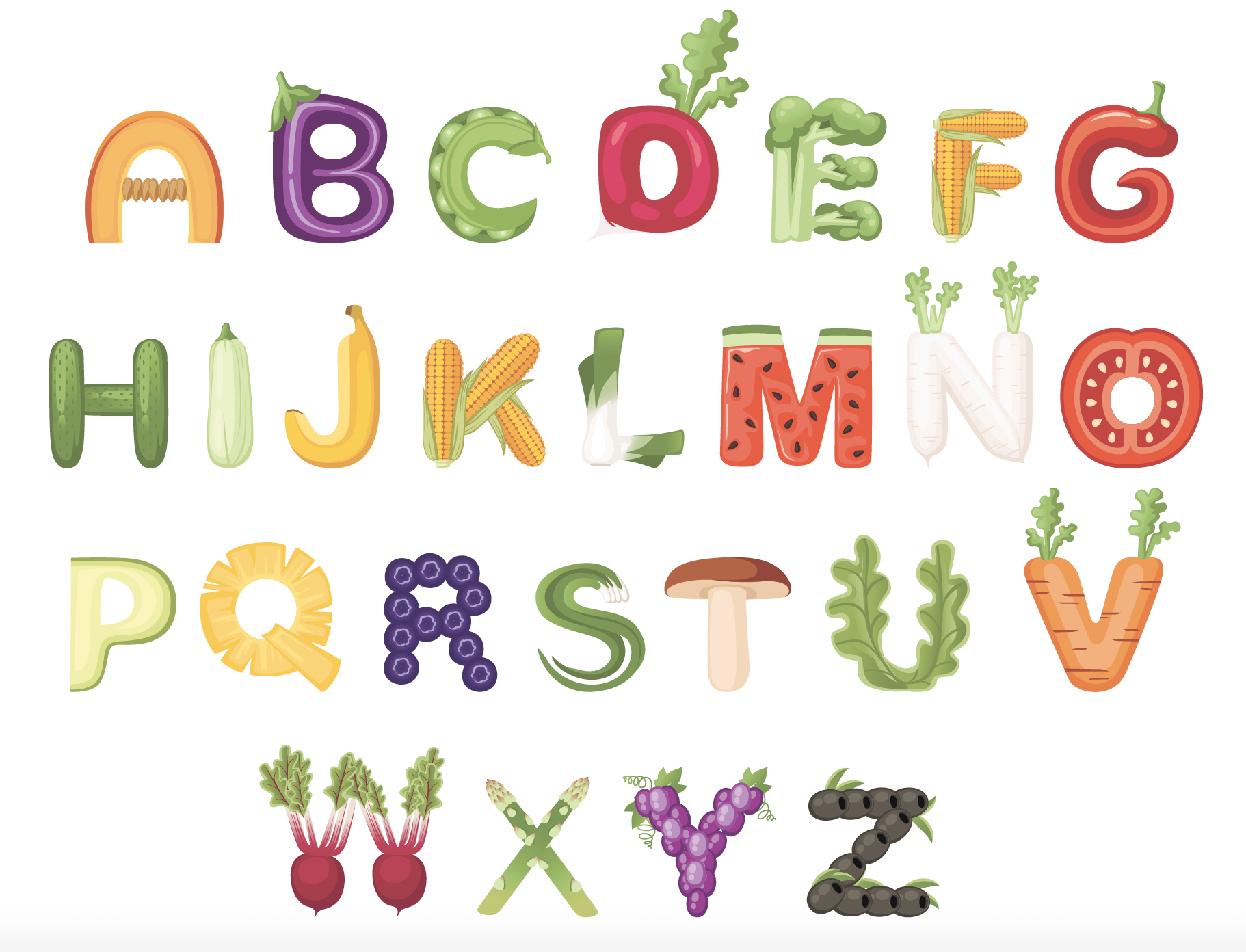
A is for…five foods that are good for you
We are constantly bombarded with information about what we should and shouldn’t be eating which can become confusing.
Here is a simple approach.
Caymanrestaurants.com will provide an alphabetical guide to some of the healthiest foods you can add to your diet.
We’ll be going from A-Z and listing five fruits and vegetables that are packed with minerals and vitamins while also providing nutritional facts on their health benefits.
Adzuki Beans

These beans, often used in Asian cuisine for red bean paste, are a great source of several essential nutrients, vitamins, and minerals. They’re also loaded with disease-fighting antioxidants, as well as high fibre and protein.
Nutrition facts:
- 294 calories.
- 57 grams carbohydrates.
- 17.3 grams protein.
- 0.2 grams of fat.
- 16.8 grams fibre.
- 278 micrograms folate (70% of the recommended Daily Value (DV)).
- 1.3 milligrams manganese (66% DV).
- 386 milligrams phosphorus (39% DV).
- 1,224 milligrams potassium (35% DV).
Almonds

Almonds were recently named the top food for providing the most nutritional benefit. Rich in monounsaturated fatty acids, these nuts contain fibre, protein, magnesium and vitamin E.
Almonds also promote cardiovascular health and may help control diabetes.
Nutrition facts (1/4 cup of almonds):
- 207 calories.
- 5 grams of protein.
- 5 grams fibre.
- 7 grams of carbohydrates.
- 5 grams of sugar.
- 16 milligrams vitamin E (61% DV).
- 0.4 milligrams riboflavin (44% DV).
- 0.8 milligrams manganese (44% DV).
- 97 milligrams magnesium (36% DV).
Apples

If you’ve heard the Welsh proverb ‘an apple a day, keeps the doctor away’, you’ll probably know that apples are one of the most nutritious fruits you can eat.
Apples are extremely rich in important antioxidants, flavanoids, and dietary fibre. The phytonutrients and antioxidants in apples could also help reduce the risk of developing cancer, hypertension, diabetes, and heart disease.
Nutrition facts (one medium apple):
- 95 calories.
- 4 grams fibre.
- 19 grams sugar.
- 0 grams of protein or fat.
- 4 milligrams vitamin C (14% DV).
- 196 milligrams potassium (6% DV).
- 4 milligrams vitamin K (5% DV).
Aubergine (also known as eggplant)

Aubergines are rich in antioxidants, specifically nasunin which gives its skin its purple colour.
They are also a good source of vitamins B1, B6, potassium and fibre and are packed with essential minerals copper, magnesium and manganese.
Nutrition facts (one cup of cooked aubergine):
- 35 calories.
- 5 grams of fibre.
- 3 grams of sugar.
- 1 gram of protein.
- 0 grams of fat.
- 8 grams of carbs.
- 0.2 grams Manganese (10% DV).
- 189 milligrams Potassium (5% DV).
- 11.5 milligrams Magnesium (3% DV).
Avocado

Avocado has become an extremely popular fruit among people who are health conscious because of its vast nutritional benefits.
Avocados contain 20 different vitamins and minerals and have more potassium than a medium-sized banana. They don’t contain any cholesterol or sodium and are low in saturated fat.
Nutrition facts (half an avocado):
- 113 calories.
- 4.6 grams dietary fibre.
- 10 grams fat.
- 6 grams carbohydrates.
- 0.2 grams total sugar.
- 14 milligrams vitamin K (19% DV).
- 60 milligrams folate (15% DV).
- Six milligrams vitamin C (12% DV).
Watch out for the rest of the healthy food alphabet in this series to be published on caymanrestaurants.com.
By Karen Rollins
Karen is the senior writer for Yello Media Group of which Caymanrestaurants.com is a subsidiary, and this article originally published on Findyello.com in 2020.
Sources: The Food Coach (http://www.thefoodcoach.com.au/food/?Alpha=%5BA-Z%5D), Livestrong.com (https://www.livestrong.com/article/442380-how-to-cook-adzuki-beans/
